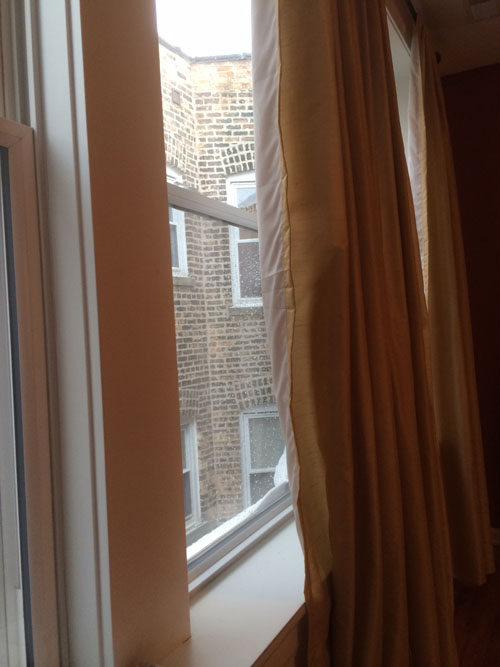I wrote the post below a couple of months ago now. It has been patiently sitting in my post folder as a draft. I decided to go ahead and post it today even though it is dated. The eighteen-month anniversary of the passing of my parents has passed. And although I didn’t feel so just a few short weeks ago, I’ve begun to feel as if I have turned a corner. I feel like the fog is lifting and I am recognizing myself again, caring about things again, having more self-direction. I can’t promise this feeling will stick, but I am hopeful that the intense grief has passed and I am becoming accustomed to life without Mom and Dad.
That being said, I woke up crying one day last week from a vivid memory of Mom. When I was attending college in my hometown, I lived on campus. My long-time, four-year boyfriend and I broke up and I was pretty torn up about it. I gathered my dirty laundry in the morning after a sleepless night. And as soon as I deemed it late enough to arrive, I drove over to my parents. My roommate had called my mom without my knowledge. When I got there, Mom was standing at the door, in her robe, waiting for me. This makes me cry again today just thinking about it.
But what I realize today is that I may always have moments of tears about Mom and Dad. That’s okay. I suffered a loss. And the truth of the matter is that life will never be the same. It’s a new world.
June 29th, 2014
In a couple of weeks it will be the 18-month anniversary of my mother’s death. A year and a half. And the reason I’ve paid attention to that is that somewhere earlier out I Googled how long we grieve for a parent and I read somewhere that it’s different for everyone, but somewhere from 9 to 18 months is typical.
I’m approaching the 18 month mark for my mom’s death. And two weeks after that, it will be 18 months since my father died. So I wonder again whether I grieve for them simultaneously or consecutively which would mean I get three years to grieve.
Eighteen months. Is that all the time it’s been? it seems like forever.
Most days I think I am doing quite well, but every now and then I have a bad day where I find my self sobbing, with a deep gut-wrenching pain that reminds me how much I miss her, him, them, and how I’ll never see them again.
Am I getting through this okay? I wonder.
My sisters are my reality check.
My sister C. will call and say, “I had a really bad day the other day about Mom and Dad.”
“Me too. I’m not sure why, but I found myself crying again,” I say.
Then I’ll talk to my other sister. “I had a bad day earlier this week.”
“I did too,” K. answers. “I don’t know why. I have trouble at night before I fall asleep. I just think about everything that Mom went through, and I feel so bad for her. We really went through a traumatic experience.”
“Sometimes I cry for Mom and what she suffered and went through in the last years of her life,” I say. “And sometimes I cry because I want to talk to her, or because she doesn’t know I had a hysterectomy a few weeks ago.”
“Sometimes I feel really bad about what Dad had to go through,” K. will say. “I really hope I don’t have to depend upon other people to take care of me.”
Life does go on, but for me life will never be the same. Some things become less important, like finding the right window treatment for the dining room. And some things become more important like my personal relationships. I try harder to stop parenting in what can only be received as a judgmental way. And when I’m not able to hold my tongue, I find myself explaining my perspective and apologizing more. I try to nurture the sometimes fragile relationships I have with my siblings. And I make an effort to find ways to enrich my husband’s life. How I will be remembered is much more important to me. Being in control, having things my way, and being right don’t matter so much.
I still continue to feel like an unmoored ship, directionless, no one behind the wheel.
But maybe that’s okay.
See more posts about my journey through grief.















